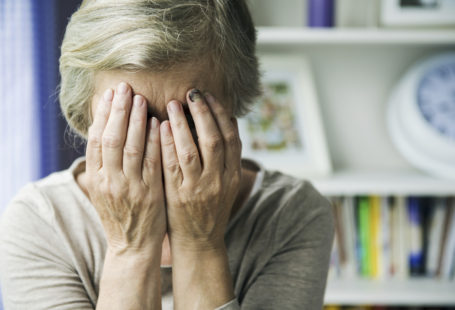Domestic violence continues to be a serious problem in the United States. Domestic violence is a pattern of abusive behavior in a marriage or relationship. It can take many forms, including sexual, physical, economic, emotional, and psychological abuse.
Many people immediately think about criminal charges when they hear about domestic violence. While state law differs, all states have criminal statutes that deal with domestic violence.
For example, domestic violence can result in numerous criminal charges in California. An abuser could be charged with domestic battery, criminal threats, child abuse, corporal injury, and other crimes for engaging in domestic violence.
However, domestic violence could also result in a civil case, thereby giving personal injury law an essential role in the battle against domestic violence.
Domestic Violence Causes More Than Physical Injuries
Domestic violence victims can sustain physical injuries from the abuse. However, the damages do not stop with the physical and emotional injuries. In addition, victims often incur financial damages related to domestic violence.
For example, a victim may incur medical bills to treat injuries. They may also have bills for counseling and therapy. Further, victims often miss work because of domestic violence, so they also experience lost wages.
Victims of domestic violence might need to move to protect themselves. They incur legal fees to obtain restraining and protective orders. They may have other expenses, such as installing security alarms and cameras, changing door locks, and changing phone numbers.
Filing a Personal Injury Claim for Compensation of Damages
Personal injury law allows a victim of domestic violence to use the civil court process to hold their abuser financially liable for the damages the victim sustained. The damages a victim could receive for a personal injury claim for domestic violence include, but are not limited to:
- Medical bills and expenses for treatment of injuries
- The cost of rehabilitative therapies
- Expenses related to mental health counseling and therapy
- Lost wages and benefits
- Out-of-pocket expenses and costs
- Physical pain and suffering
- Disfigurement and scarring
- Emotional distress and mental anguish
- Loss of enjoyment of life
A personal injury judgment holds the abuser liable for their actions. The monetary award helps a victim with expenses and other costs as they work to get their life together after leaving an abusive relationship. The personal injury award also forces the abuser to face the financial consequences of their conduct.
The Criminal Case and the Civil Case Are Separate
A person can be sued in civil court for personal injury damages caused by domestic violence even if the abuser is not charged with a crime. The same is true if the criminal charges were dropped or the abuser was acquitted of domestic violence charges.
The victim must prove their case in civil court. The burden of proof is not as high in a personal injury case. The level of proof for civil actions is “by a preponderance of the evidence.”
Therefore, the victim does not need to prove their case beyond a shadow of a doubt as the state does in criminal cases. Instead, the victim only needs to prove there is a greater than 50% chance the alleged abuser committed the acts and those acts caused the victim to sustain harm and damages.
Many of these cases are brought as assault cases in civil court. Therefore, third parties could share liability for a personal injury claim based on domestic violence. The facts and circumstances of the case determine if other parties could be named as defendants in the personal injury lawsuit.
Also, insurance coverage could apply in a personal injury case for intentional torts. If so, the victim might have a better chance of receiving compensation for the damages caused by domestic violence.
Filing a Personal Injury Claim for Domestic Violence With Help From an Attorney
A personal injury lawyer can review your case and offer legal advice regarding your options for filing a civil claim stemming from domestic violence. The attorney investigates and gathers evidence to support the claim in civil court. Your lawyer also provides support and guidance as you go through the process of holding an abuser financially liable for damages.




